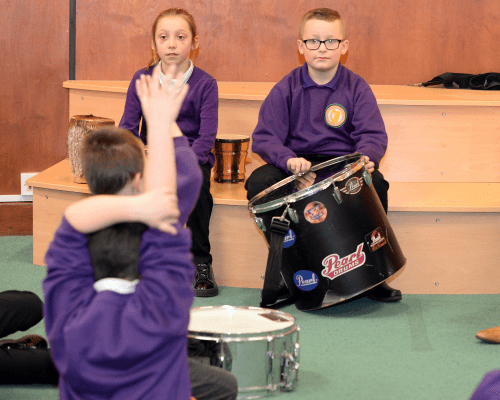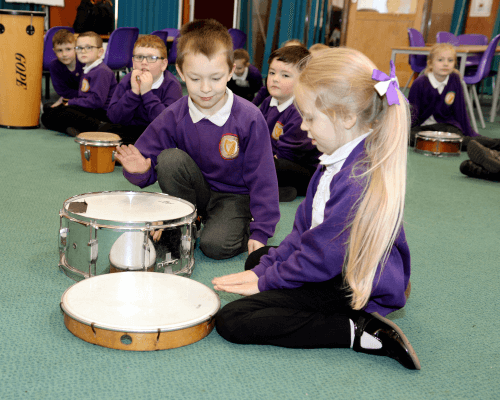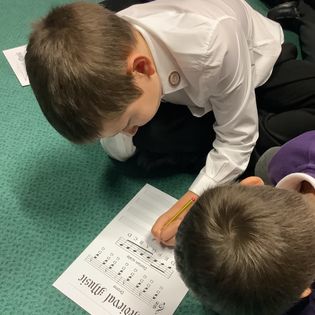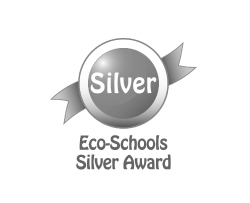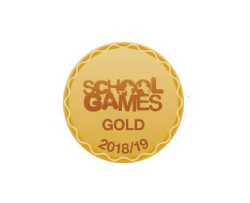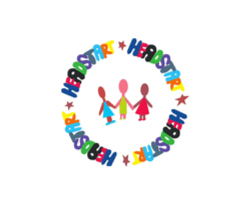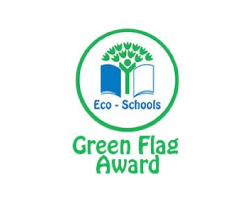Intent
Rationale
At Caedmon Primary, we believe that Music is a universal language that embodies one of the highest forms of creativity. A high-quality music education should engage and inspire pupils to develop a love of music and their talent as musicians, and so increase their self-confidence, creativity and sense of achievement. At Caedmon Primary, we wish for children to develop a genuine passion, interest and enthusiasm for Music throughout their school life. Children will explore a range of different concepts within Music, from learning to play an instrument, to exploring the history of Music from different periods.
Aims
We aim to ensure that all pupils: perform, listen to, review and evaluate music across a range of historical periods, genres, styles and traditions, including the works of great composers and musicians. The children will learn to sing, with correct technique, and to use their voices expressively, to create and compose music on their own and with others, have the opportunity to learn a musical instrument, use technology appropriately and have the opportunity to progress to the next level of musical excellence. They will understand and explore how music is created, produced and communicated, through the understanding of pitch, duration, dynamics, tempo, timbre, texture, structure and appropriate musical notations. Children will understand a wide range of high-quality music from different traditions and from great composers and musicians to develop their understanding of Music. A range of musical instruments are taught, including: untuned percussion instruments, boomwhackers, glockenspiel, keyboard, steel pans, recorders and ukelele.
Key Concepts
Through the key concepts of: Listen; Appraise; Compose and Perform, the Caedmon Music curriculum progresses pupils’ skills, confidence and enjoyment of the subject.
Skills Progression
Our curriculum takes children on their journey from Nursery right through to Year 6.
In Nursery and Reception:
Our Early Years curriculum for Nursery and Reception pupils follows the ‘Early Years Framework’ which then links into Years 1-6 where we follow the National Curriculum for Music. We have designed a sequenced and progressive long term planning format to ensure that lessons build on prior knowledge and enable our pupils to know more and remember more. Please visit our Early Years page within this section of the website to find out more.
In Key Stage One, children will:
– use their voices expressively and creatively by singing songs and speaking chants and rhymes
– play tuned and untuned instruments musically
– listen with concentration and understanding to a range of high-quality live and recorded music
– experiment with, create, select and combine sounds using the inter-related dimensions of music.
In Key Stage Two, children will sing and play musically with increasing confidence and control. They should develop an understanding of musical composition, organising and manipulating ideas within musical structures and reproducing sounds from aural memory. They will be taught to:
– play and perform in solo and ensemble contexts, using their voices and playing musical instruments with increasing accuracy, fluency, control and expression
– improvise and compose music for a range of purposes using the inter-related dimensions of music
– listen with attention to detail and recall sounds with increasing aural memory
– use and understand staff and other musical notations
– appreciate and understand a wide range of high-quality live and recorded music drawn from different traditions and from great composers and musicians
– develop an understanding of the history of music.
Core Skills
Communicate ideas, describe, interpret, evaluate, express, identify, make connections.
Literacy Skills
Music is all around us, sometimes without us even realising! It encourages us to get up and move – something many children enjoy doing. Literacy skills are linked to closely to those found in Music; therefore, it is no surprise that these can be interlinked to help children learn, such as the alphabet. Music promotes Literacy skills like vocabulary, articulation, fluency, writing, rhythm/parts of speech, auditory processing, grammar, pronunciation and intonation. During the teaching of Music, Literacy can be further promoted with the use of singing games, singing, stories with rhyme, poems and alliterations. Encouraging children to carefully listen to changes in sounds, subsequently allows them to be able to attend to differences and changes in language sounds. Activities within Music support rhythmic awareness and abilities in maintaining a beat. By adding movement to songs, this further reinforces the rhythm in language and supports children’s physical and mental well-being.
Mathematical / Numeracy Skills
When we are very young, numbers and patterns can be learnt through Music – when learning nursery rhymes for example. We use Music to aid the teaching and recall of times tables. Rhythms and patterns help the children remember specific patterns, which can consolidate their learning. Higher up in school, counting and recognising musical notation is a key mathematical concept that children use and there are strong links to fractions within this work.
Impact
Our learners will…
Gain access to a varied curriculum, inclusive of all needs. They will identify key strengths within Music, as well as identifying areas they believe they can improve on. The integral nature of music and the learner creates an enormously rich palette from which a child may access fundamental abilities such as: achievement, creativity, self-confidence, interaction with and awareness of others, and self-reflection. Children’s understanding of culture and history will develop, both in relation to children individually, as well as different ethnicities from across the world.
